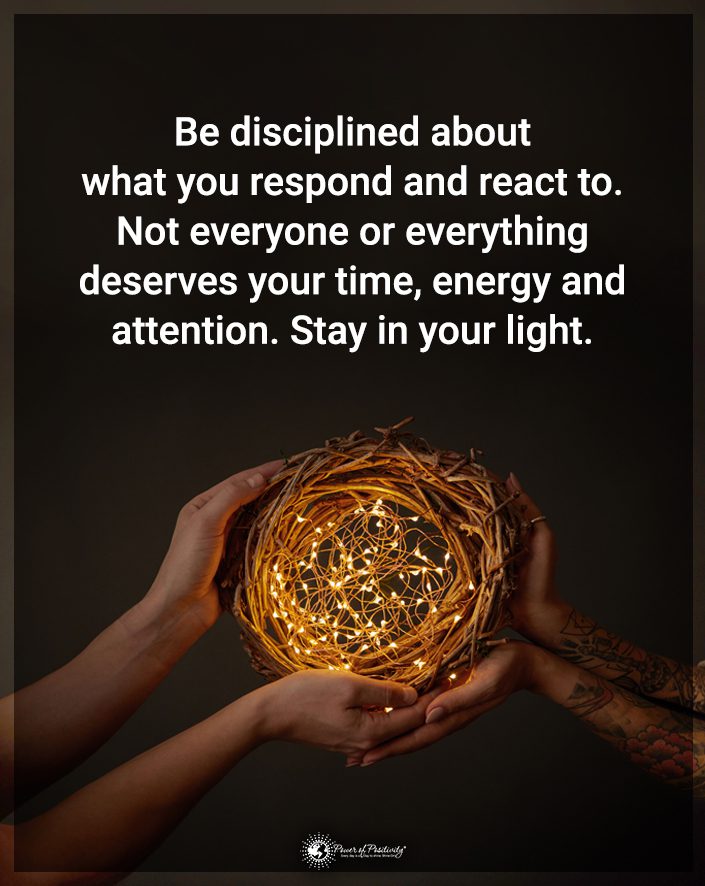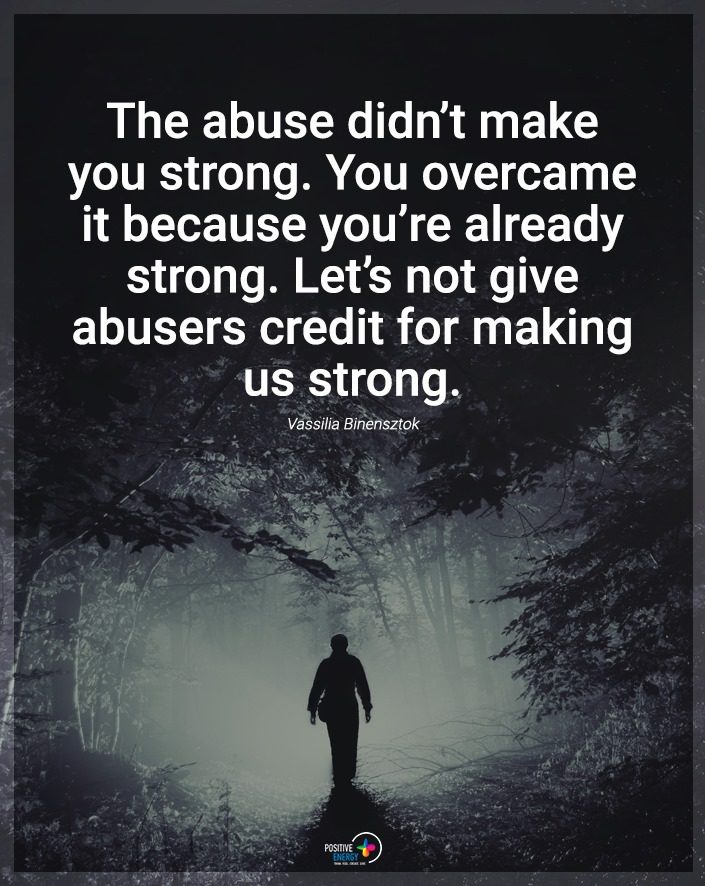Here are the key signs of a frenemy who’s secretly sabotaging you.
What happens when a friendship isn’t as straightforward as it seems? Enter the concept of “frenemies.” This term, a blend of ‘friends’ and ‘enemies,’ refers to those who might appear as friends but exhibit subtle enemy-like traits. Understanding how to spot a frenemy is crucial, as these relationships can subtly undermine your happiness and health.
Frenemies often mask their true intentions under the guise of friendship, making it challenging to identify them. Unlike clear-cut relationships, where love and support are unequivocal, frenemies navigate a grey area. They might offer support or engage in fun activities, but there’s an underlying current of negativity that’s hard to pinpoint. The impact? It’s not just about hurt feelings; prolonged exposure to such ambiguous relationships can lead to stress, anxiety, and even physical health issues, as the body often internalizes emotional turmoil. Recognizing frenemies is essential for your well-being.
What Causes Frenemies?
Rutgers University researchers explain that frenemies often arise from ambivalent relationships, which fluctuate between positive and negative interactions. This ambivalence leads to mixed feelings and reactions within the relationship. Factors influencing these relationships include emotions and personality traits, with emotions playing a larger role than previously thought. These ambivalent interactions can impact emotions and workplace dynamics. In turn, it starts leading to increased stress in the friendship.
What Are the Signs of a Frenemy?

1 – Inconsistent Support
One of the most telling signs of a frenemy is their inconsistent support. True friends are like anchors, offering unwavering support regardless of circumstances. However, a frenemy’s support often comes and goes like the tide. They might be there for you during certain moments, offering a listening ear or a helping hand. But in other instances, they’re conspicuously absent or disinterested. This inconsistency isn’t just frustrating; it can leave you confused and undervalued. Pay attention to this pattern – if the support feels conditional or sporadic, it might signal you’re dealing with a frenemy.
2 – Frenemies Use Passive Aggressive Comments
Frenemies have a knack for making comments that are thinly veiled in hostility. These are often packaged as jokes, backhanded compliments, or ‘just being honest’ statements. For example, a frenemy might say, “You look great for someone of your age!” or “I’m surprised you got that job, good for you!” These comments are designed to undermine rather than uplift. Unlike constructive criticism from a true friend, which is meant to help you grow, these remarks are aimed at chipping away your self-esteem. If you frequently receive such passive-aggressive comments, it might be time to reassess the nature of your relationship with this person.
3 – Competitiveness Over Camaraderie
Healthy friendships bring mutual support and happiness for each other’s successes. However, a frenemy often turns this dynamic into a competition. Rather than celebrating your achievements, they might respond with envy or try to one-up you. For instance, if you share news of a promotion, a frenemy might immediately talk about their success, disregarding your moment. This competitiveness can manifest in subtle ways, too, like a reluctance to share resources or information that could help you out of fear that it might give you an ‘edge’ over them. Friendship is not a race; if it starts to feel like one, it might indicate that you’re in the company of a frenemy.
4 – Frenemies Have a Lack of Trust
A fundamental element of any genuine friendship is trust. You feel safe sharing your thoughts, dreams, and fears with a true friend. However, in the presence of a frenemy, there’s often an underlying current of distrust. You might hesitate to share personal information or feel uneasy about revealing your vulnerabilities. This lack of trust can stem from their past actions, like betraying confidence or demonstrating disloyalty in other ways. If you find yourself guarding your words or feeling anxious about opening up because you’re unsure how they’ll use that information, it’s a significant red flag. Trust your instincts; they’re often the first to know when a relationship isn’t right.
5 – A Frenemy Disrespects Your Boundaries
Respect for personal boundaries is a key part of healthy relationships. Friends understand and respect limits, whether emotional, physical, or otherwise. Frenemies, however, often show a blatant disregard for your boundaries. They might call or text at inappropriate times, insist on discussing topics you’re uncomfortable with, or push you into situations that don’t align with your values. This disrespect can also manifest subtly, like repeatedly asking for favors despite your clear inability or unwillingness to oblige. When someone consistently ignores your boundaries, it’s a clear sign that they do not value your comfort or autonomy as they should.
6 – Relishing Your Setbacks
True friends empathize with your struggles and offer support during tough times. Frenemies, conversely, might show a hint of satisfaction or even outright pleasure at your misfortunes. It’s as if your setbacks somehow make them feel better about themselves. For instance, if you share news of a personal setback, a frenemy might respond with barely concealed glee or a dismissive attitude instead of offering support. This reaction is often rooted in jealousy or a sense of competition. Genuine friends lift each other; they don’t revel in each other’s downfalls. If you notice someone in your life exhibiting this behavior, it’s a strong indication that they might not have your best interests at heart.
7 – Shared Secrets Become Public Knowledge
In a trusting friendship, shared secrets are a sacred exchange held in confidence. But with a frenemy, the lines of confidentiality are often blurred. If you find that personal information you’ve shared in confidence becomes common knowledge, it’s a glaring sign of a frenemy’s betrayal. They may share your secrets under the guise of concern or accidentally ‘slip up’ in a conversation. This breach of trust damages the immediate relationship and can have wider social repercussions. Be cautious with someone who treats sensitive information carelessly—it indicates they don’t value the sanctity of your trust.
8 – Frenemies Are Seldom Happy for Your Successes
Joy in a friend’s success is a genuine reaction in a healthy relationship. However, With a frenemy, your achievements might be met with lukewarm congratulations or veiled criticism. Instead of feeling joyous, they may seem envious or indifferent. For example, if you’re excited about a new opportunity, they might downplay its importance or quickly change the subject. This lack of enthusiasm for your successes isn’t just disappointing; it’s telling of their inability to be supportive. A frenemy’s inability to celebrate your achievements can stem from their insecurities or jealousy, diminishing the overall positivity of the relationship.

9 – A Frenemy Has Negative Energy
Spending time with friends should leave you feeling uplifted and positive. However, interactions with a frenemy often drain your energy. You might feel emotionally exhausted, stressed, or unhappy after spending time with them. This negativity can manifest in various ways—constant complaining, pessimism, or a general aura of negativity that they bring into your life. While everyone has bad days, a consistent pattern of negativity is a red flag. It is important to pay attention to how you feel during and after interactions with them. If most of your encounters leave you feeling worse, not better, it could be a sign that you’re dealing with a frenemy.
10 – This Toxic Person Uses Manipulative Behavior
Manipulation is a subtle yet destructive tool in a frenemy’s arsenal. They may use guilt, flattery, or persuasion to influence your decisions and actions for their benefit. This manipulation often leaves you second-guessing your choices or feeling obligated to comply with their wishes. For instance, a frenemy might guilt-trip you into doing favors or twist situations to make you feel responsible for your problems. This behavior is not about mutual support or friendship; it’s about control. Recognizing manipulation can be challenging, as it’s often cloaked in concern or affection, but it’s crucial for maintaining your autonomy and well-being.
11 – Frenemies Rarely Take Responsibility
In any healthy relationship, both parties can admit mistakes and take responsibility for their actions. However, frenemies often exhibit a pattern of shifting blame and avoiding accountability. They may make excuses for their behavior, blame others for their faults, or play the victim when wrong. This refusal to take responsibility can be frustrating and damaging to the relationship. It prevents honest communication and conflict resolution, leading to a one-sided dynamic where you may end up shouldering undue blame or responsibility.
12 – The Friendship Feels One-Sided
In a balanced friendship, both individuals contribute equally to the relationship. However, the effort is largely one-sided with a frenemy. You may always initiate contact, make plans, or offer support with little reciprocation. This imbalance can leave you feeling unappreciated and overextended. A frenemy may only reach out when they need something, or it’s convenient for them, disregarding your needs and expectations. An equitable relationship involves mutual effort and care; if this is missing, it’s worth reassessing whether the friendship is truly reciprocal.
13 – A Frenemy Is Overcritical of Your Choices
Constructive criticism from a friend can be valuable, but there’s a fine line between being helpful and overly critical. Frenemies often cross this line. They may criticize your choices, from your career decisions to your personal life, under the guise of ‘just being honest’ or ‘wanting the best for you.’ However, this constant critique can undermine your confidence and self-esteem. It’s one thing to offer guidance or a different perspective, but it’s another to find fault constantly. If you notice that someone in your life rarely has anything positive to say about your decisions and is frequently critical, it might signify a frenemy relationship.
14 – They Use You for Their Benefit
In any genuine friendship, a give-and-take balances out over time. However, with a frenemy, you might notice a pattern of them using you for their benefit. This could be as blatant as taking advantage of your skills or resources without offering anything in return or as subtle as leaning on you for emotional support without reciprocating. They may be particularly friendly or attentive when needed but distant at other times. Be wary of transactional relationships or where you often feel used; it’s a significant indication that the friendship might not be as genuine as you thought.
15 – Feeling of Relief When Apart
Finally, pay attention to your emotions. One of the most telling signs of a frenemy is how you feel when you’re not around them. It might be a red flag if you notice a sense of relief or a significant lift in your mood when you’re apart. Genuine friendships enrich your life and make you feel happier, not drained or stressed. If the absence of a person brings more peace than their presence, it’s a strong indicator that the relationship might not be as healthy as it should be. Trust your feelings; they often reveal the truth about the quality of your relationships.
Final Thoughts on Identifying Frenemies Before They Ruin Your Life
The key to protecting yourself and your well-being lies in being vigilant and aware. Remember that frenemies are not necessarily outright enemies; their impact is often subtler. Yet, it can be just as harmful. The first step in safeguarding yourself is recognition—spotting these warning signs in your relationships.
It’s important to approach your social interactions with openness and caution. Trust your instincts and pay attention to how people make you feel. Are they uplifting and supportive, or do they leave you drained and undervalued? Be mindful of the dynamics in your relationships, and don’t be afraid to set boundaries or distance yourself from those who consistently exhibit frenemy behaviors.
Your emotional and mental health is paramount. Surround yourself with people who genuinely care for you, encourage you, and bring positivity into your life. Life is too short to spend with frenemies who subtly undermine your happiness and success.



















